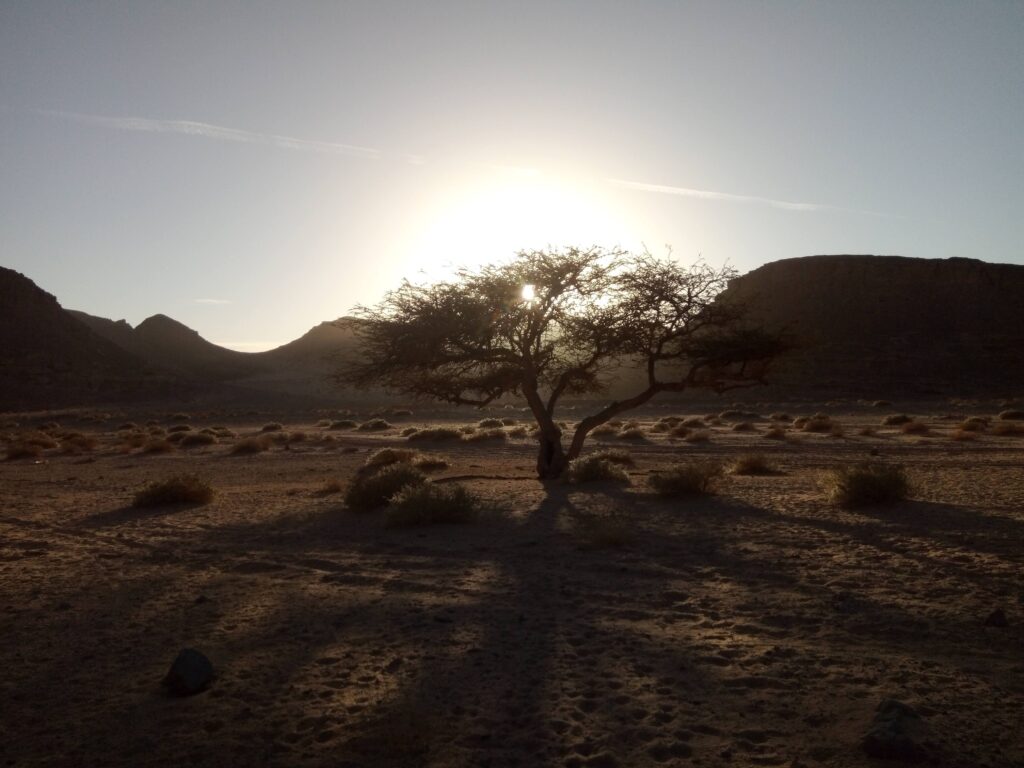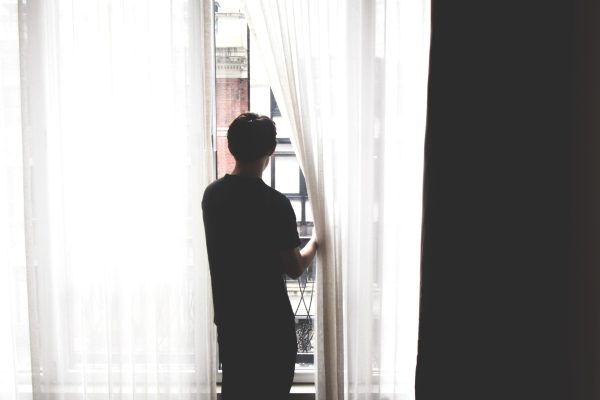The Book of Ruth is a pastoral romance about moving on in life. We read it on Shavuot, one of the four times each year when we recite the Yizkor Memorial Service. Ruth begins with a family of four that once upon a time (“when the chieftains ruled”) left Bethlehem (literally, “The House of Bread”) for Moab when Bethlehem was experiencing a famine. We are no more than a few verses into the story when we discover that there have since been marriages and deaths in this family: the father is dead, as are both sons, leaving only the widow Naomi and her two foreign daughters-in-law, one of whom soon leaves her. We start with depletion: no bread, a move away from home, loss of husband, and loss of both children.
As you know, the rest of the story transforms the tragedy into comedy. Tragedy, by time-honored definition, ends in death, a cutting off of the future; comedy ends in marriage, an opening up of the future. Naomi decides to go home. Ruth, famously, insists on accompanying her (“Wherever you go, I will go…”), and despite the unlikely odds, a distant relative marries Ruth. A baby is born to Ruth and given to Naomi. As the story ends, we learn that this baby will be the grandfather of King David, who, in turn, legend tells us, will be the ancestor of the Messiah, the figure who will someday usher in the redemption of the world.
I am struck by how far this story stretches into the past before and the future beyond these episodes in the life of a widow and her daughter-in-law. This little romance ends with Ruth and a newborn baby, and most of us freeze the frame there. But the genealogical epilogue actually invites us to glimpse this newborn as a grandfather, grandfather of King David. Just a shape on his grandmother’s lap, we learn nothing about the baby’s later life except that he has a bright genetic future. Similarly, Naomi’s story begins with an undisclosed prehistory. The text alludes to a full earlier life, from the hunger that led to the decision to leave home to the wedding ceremonies that bridged cultures, but the characters of the dead men are left to our imagination, part of the plot’s deep background.
It’s as if, on this long timeline – with ancient roots in Bethlehem that extend through David and stretch on to eternity – someone placed a magnifying glass on a single tiny dot on the line, a little detour in and out of Moab, in which two women who survived great personal losses befriended one another and found a way to move on, redeeming us all through their promising new baby. Thought of in this way, we might just as well move the magnifying glass to any other place on the line and find ourselves in another story on the way to redemption with different characters on different adventures, whose lives share the simple facts of birth and death.
As I grow older and see more deaths, I find myself startled by how compressed a life becomes after death. No sooner is someone gone from life than we struggle to remember the subtleties that constitute the fullness that was a person. But over and again, I see how friends and family report the same important incidents, name the same salient character traits, the best and worst qualities, and so a person is reduced to the bold strokes that merely suggest his or her likeness.
Recently, my father’s cousin Ethel suddenly died. My family was used to taking her presence for granted. An unassuming person who lost everyone in her original family in the Holocaust, her response to devastating loss was to affirm life. She never missed a family simcha. She flew to the cornfields of Ohio when our daughter Ronya was born, carrying the bagels from New York, and she was with us in Philadelphia for Ronya’s bat mitzvah. I certainly expected her to be at Ronya’s wedding. But she died, just like that, of a fall.
Ethel was buried just beside my mother’s mother. It was the first time in 13 years that I stood before the graves of my grandparents. I heard my mother say, “Hi Mama, Ethel is joining you,” and I suddenly remembered that though they were unrelated, the two women had been great friends. A long dormant memory of my grandma chatting in the living room surfaced.
My grandmother’s death was the first terrible loss of my life. The world seemed newly vacant. I still remember that the only thing that somebody said that gave me any comfort at all was when my cousin Lenore, who had recently lost her father, whispered to me: “the pain does not go away, but you learn to live with it.” I realize that at the time what was even more unbearable than the pain of loss was the idea that I would ever recover from it. It seemed a grievous betrayal of what my grandma had meant to me. And so it is that Nessa Rapoport in A Woman’s Book of Grieving, advises that when you meet someone newly in mourning, “do not speak of inner sustenance, of benefit from sorrow or of healing…. Do not say that time repairs, or talk of moving forward or of growing. Such consolations are absurd. Offer only this: I, too, have suffered and endured.”
What we offer each other at Yizkor Services is company in sorrow, proof that we suffer and endure. From a cosmic perspective, each of us is a small spot on intersecting timelines, and during the years of our lives, the magnifying glass is positioned over our small time and place. And so it is that mostly we hold fast to life. At the same time, although some people, usually young people, rage at the prospect of dying, most approach the end of life relatively serene, with a growing detachment. Focused on remembering the past and blessing the future, it is as if they become aware of their place on an infinitely extensive trajectory.
When I read the ending of the Book of Ruth this year, I wanted to jump into the story and tell the mother and grandmother the secret importance of their baby in much the same way as we have moments when we wish that someone who is dead could take pride in their future by seeing us now. Maybe this is why we interrupt our holidays with Yizkor services, to acknowledge the absences that inevitably compromise our celebrations. We shatter glass at our weddings in part to keep us mindful that all celebration is compromised by loss.
But I wonder if The Book of Ruth is not wise to tell the story of recovery without attempting to capture what was lost. Significantly, Ruth’s first husband is memorialized through the child she has by his kinsman. Perhaps he remains present too in some trick of communicating tenderness that Ruth learned from him and which continues until today in a chain of people that includes those whose lives Ruth herself touched. How exactly the future will manage to contain the past is ultimately mysterious.
What is certain is that the future will contain (and from a Jewish view, will redeem) the past, no matter how deeply that past seems to retreat. An awakened memory may sometimes surprise us or we may notice an ancestral feature in a sister’s grandchild, but just as important, our bodies remember what our minds forget. That daddy held us closely as babies or teased out our first giggles is preserved in our characters rather than in our memories. And each of us carries genetic material in our bodies that is as old as life on the planet. Within days of her death, I was more aware of the feel of Ethel’s kisses than of the words she spoke.
Naomi and Ruth left behind the remains of husbands and children in order to start over, and what they carried in their hearts and bodies we will never know. What we know that they never knew is that their moving on in life carried the promise of blessing for all of us. The Book of Ruth triumphs over death by intimating at the widest possible perspective on life. The way we honor the dead is to live with the conviction that our lives are infinitely promising no matter how grim things may seem and that the promise of our own futures is partly owed to the many, often intangible ways that our departed have shaped who we are.












